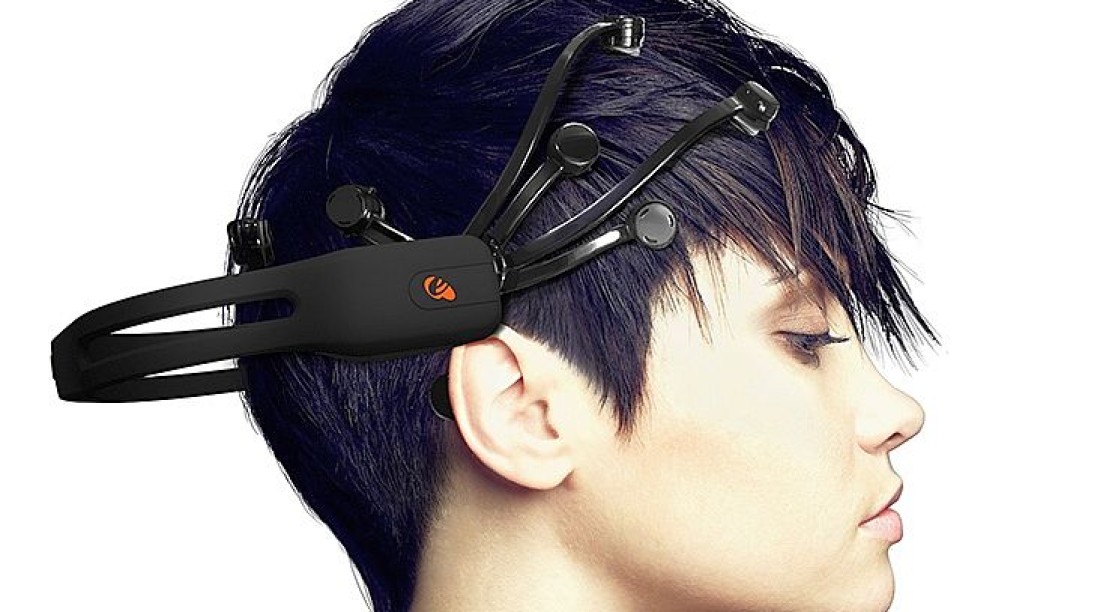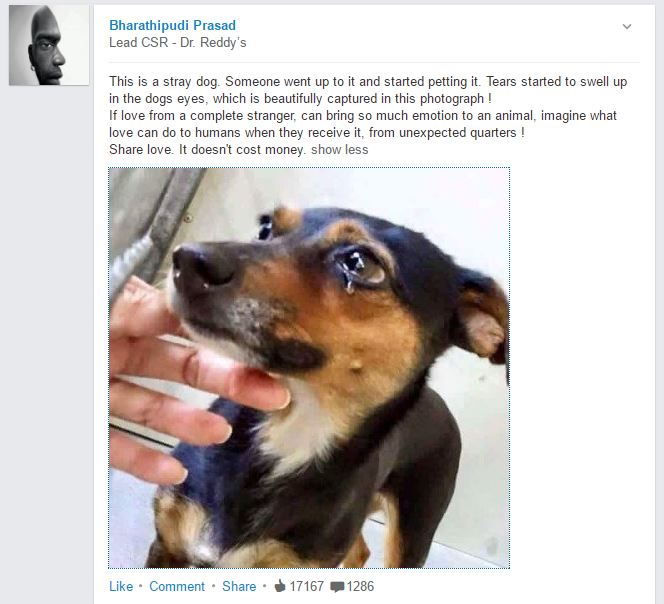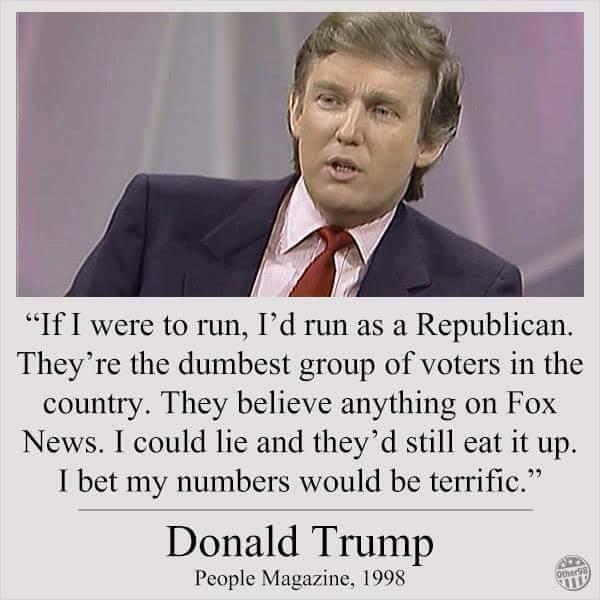Decisions and dog tears

Emotion helps us choose
My wife and I are in a homeware store. We’re looking to buy a pedal bin for the kitchen. There’s a good one, well priced, in the sale area. A slight dent but otherwise good.
But we hesitate. I’m not sure it’ll go with our other stuff. I say no.
We step away slightly to debate this matter of national importance in greater depth. At which point a woman approaches the bin and tries it out, looks inside. It appears she is about to buy.
Mrs Pilgrim nudges me: “You want that bin now, don’t you?” She’s right; I do.
I am clearly a simple creature motivated by emotion. Envy. But also hope and love.

I’m one of thousands who fell for the crying dog. This LinkedIn meme (above) showed a stray dog being stroked on the top of its head by a stranger.
As the accompanying words said:
“This is a stray dog. Someone went up to it and started petting it. Tears started to swell up in the dog's eyes, which is beautifully captured in this photograph! If love from a complete stranger can bring so much emotion to an animal, imagine what love can do to humans when they receive it, from unexpected quarters! Share love. It doesn't cost money.”
This makes no sense, because the dogs don’t cry. Animals don’t. The dog probably had an eye infection. It needed a vet, not affection. Nonetheless I believed it for a few minutes, feeling the need to be nicer to dogs and humans.

Seems I fell for the one above, too. It’s been all over Facebook. It’s nicely designed and contains the following words:
“If I were to run, I’d run as a Republican. They are the dumbest group of voters in the country. They believe anything on Fox News. I could lie and they’d still eat it up. I bet my numbers would be terrific.” Donald Trump, People magazine, 1998
It sounds like Trump and there’s a picture of him with it. Must be true. I want it to be true. I’d feel better if it were true.
But apparently not. The Guardian reports that it’s falsified, part of a torrent of fake news currently gripping all fair-minded citizens in the US and here. The Guardian in turn refers to a site called Snopes, which says: “Despite People's comprehensive online content archive, we found no interview or profile on Donald Trump in 1998 (or any other time) that quoted his saying anything that even vaguely resembled the words in this meme.”
This may of course be a double bluff. A falsification about falsification. With so many lies and counter-lies bouncing around, was it any wonder that people went with their gut instincts, which narrowly favoured Trump over Hillary Clinton?
Of course the idea that emotion is inferior to logic in decision-making is silly. It’s a false dichotomy. Both play a part in getting it right.
In fact, the pedal bin scene is the definition of a market. Goods and services are only worth what people will pay for them. Neither I nor my rival pedal bin fancier researched bin resilience, plotted cost of materials against price, calculated how long would last. That the other woman was interested gave me a reference point against which to calculate value.
It cuts through the noise, as do the crying dog and the anti-Trump meme.
Emotion plays a massive point in buying and voting decisions and it is sometimes a force for good, sometimes not. All advertising, marketing and journalism must understand that.
Please do not install Donald Trump in your kitchen as a receptacle for trash. Nor put a crying dog up for the 2020 Democratic nomination. Its numbers would be terrific, mind.





